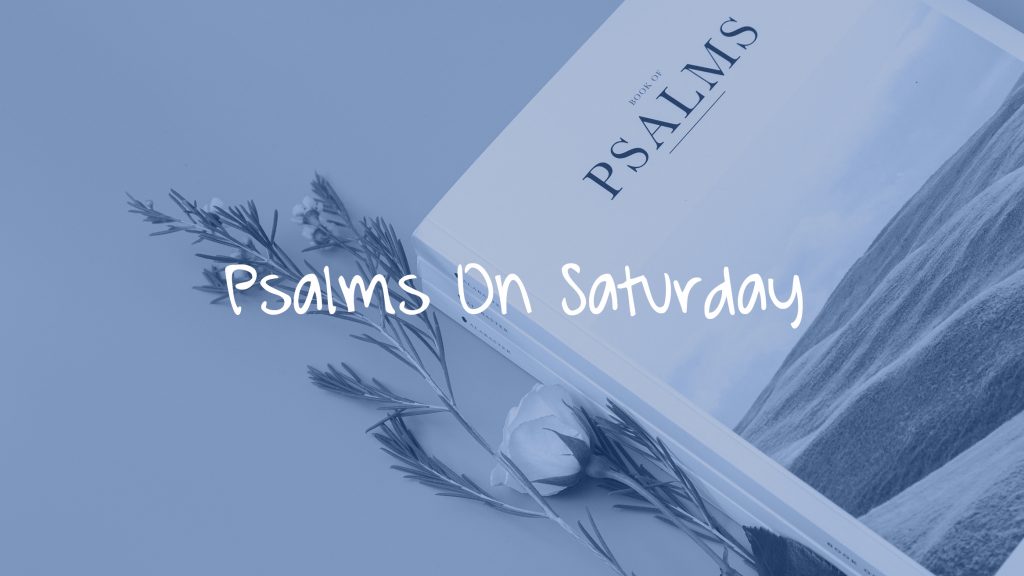The New American Standard Version titles Psalm 3 . . .
Morning Prayer of Trust in God!
King David wrote this prayer. A great lesson from Psalms is that the morning is the most important time of day.
As David comments two chapters later in Psalm 5 . . .
Listen to my voice in the morning, Lord. Each morning I bring my requests to you and wait expectantly (Psalm 5:3, NLT).
But on this morning in Psalm 3, the life of King David was in danger. David was running from his enemies; they were close, and he wasn’t sure that he would survive the night.
What did he do when assailed by his enemies? He called upon the Lord.
O Lord, how many are my foes! Many are rising against me (v. 1).
Others were describing his situation as hopeless.
Many are saying of my soul, “There is no salvation for him in God” (v. 2, ESV).
King David didn’t dwell in fear or his difficult situation. He cast all his anxieties on the Lord . . .
But you, O Lord, are a shield about me, my glory, and the lifter of my head. I cried aloud to the Lord, and he answered me from his holy hill (vv. 3-4, ESV).
In all his troubles David trusted in God and had a great night’s sleep . . .
I lay down and slept; I woke again, for the Lord sustained me (v. 5).
How about me? How about us? Do we sleep knowing that our enemies may soon attack and gain victory? Or do we toss and turn?
Understanding the “words” of Psalm 5 helps us know how David had such great faith.
Psalm 3 uses the word “psalm” for the first time. “Psalm” literally means “to pluck strings” but figuratively describes worship.
The word “save” is used twice in Psalm 3.
The literal word “save” in Hebrew is “yeshua” or the name used for Jesus. “Saved” is used about 140 times throughout the Psalms but is first found in Psalm 3.
Both “psalm” or “worship” and “yeshua” or “saved” were intertwined in the life of David.
Thus, he could sleep!
The overall background of Psalm 3 began when David’s favorite son, Absalom, enticed the nation of Israel to rebel against King David.
After David’s sin with Bathsheba, David’s personal life had turmoil. God had forgiven David’s sin, but this sin still had repercussions.
When Psalm 3 uses the words “worship” and “salvation,” the context is not only enemies but adversaries, who found a foothold in David’s personal sin. Enemies who knew David’s sins and could use them against him.
We all have friends who become enemies and who use our past friendship to gossip and slander us.
Yet, during his trial, David still worshipped and reaffirmed the truth that he was saved.
Psalm 3 is a Psalm of hope!
Salvation belongs to the Lord; your blessing be on your people! (v. 8)
Hope for all who sin (and we all do)!
What is the best way to begin the morning of a day that we know will bring problems? Let’s humbly worship the God of our salvation!

